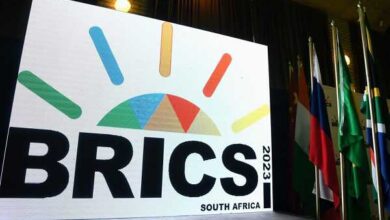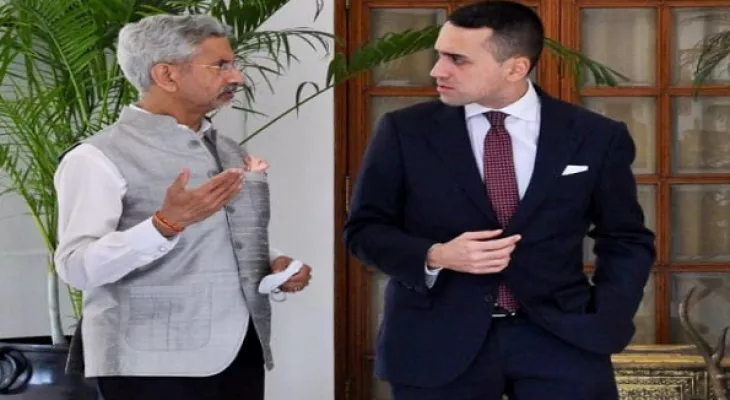
Feature: Saudi Arabia’s Makkah hosted the second Saudi Open Yoga Asana Championship on January 27th, Saturday. The event, hosted by Al-Wehda Saudi Club, witnessed substantial participation from across the country.
This move by Saudi Arabia holds significant implications, particularly in light of the 2022 incident in the Maldives where an open Yoga conference, organized on Yoga Day by the Indian Embassy, faced attacks from conservative groups. Maldives, with a 99% Muslim population, found itself at odds with India and, in turn, faced substantial backlash recently from its own people.
In contrast, Saudi Arabia’s recent hosting of a Yoga competition in the holy city of Makkah sends a strong message not only to the Maldives but also to countries like Turkey, Malaysia, and Pakistan. In 2022, conservative elements in the Maldives disrupted an open Yoga event, claiming it went against Muslim principles, branding Yoga as “Haram,” or prohibited in Islam.
Giving a huge backlash to the Maldives and similar countries, the Saudi Open Yoga Asana Championship, held on January 27th, saw participation from various regions, including Makkah, Jaidu, Madina, Taif, and beyond. The event showcased a positive acceptance of Yoga in a Muslim-majority nation, and the involvement of participants from holy cities further underscores the shift in perception.
This event is not isolated, as recently Saudi Arabia made another significant move by inviting a non-Muslim delegate, Smriti Irani, to the holy city of Madina. These occurrences collectively convey a profound message, challenging the narrow interpretations of certain groups within Muslim-majority countries regarding practices like Yoga.
These developments serve as a strong rebuttal to nations, including the Maldives, which have historically taken an anti-India stance, often exploiting religious sentiments for political gains. The border drawn on the basis of religion appears less distinct as countries like Saudi Arabia demonstrate a more inclusive approach to cultural practices, bridging divides and fostering understanding.






